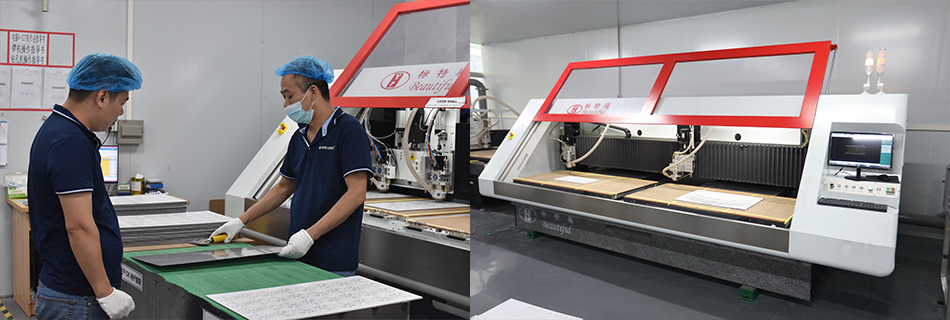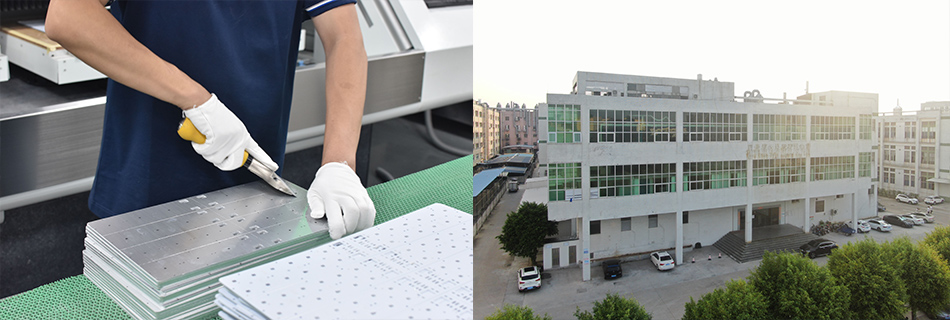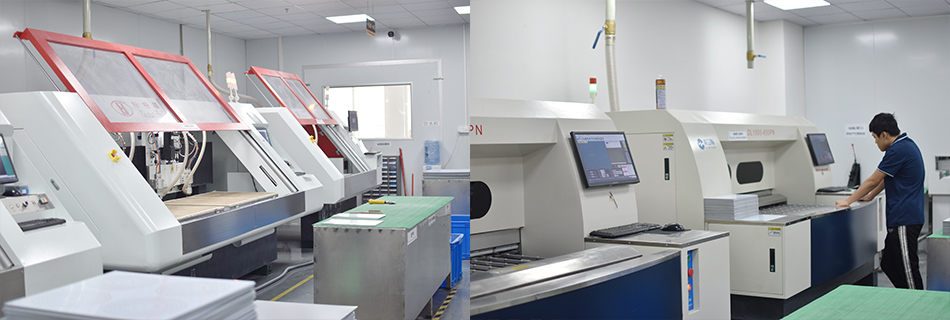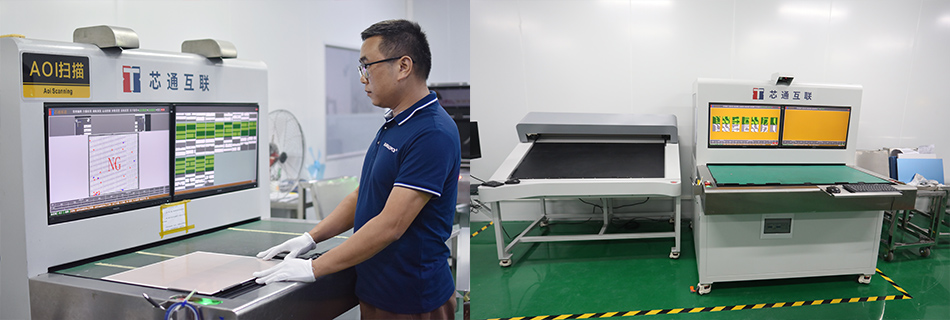-
- PCB TYPE
- PRINTED CIRCUIT BOARD PROTOTYPE ALUMINUM PRINTED CIRCUIT BOARD R&F PCB FPC HIGH FREQUENCY PCB HIGH-TG PCB HEAVY COPPER PCB HDI PCB PCB FOR LIGHTING METAL CORE PCB
time:Sep 24. 2025, 14:23:31
Printed Circuit Boards (PCBs) are the backbone of electronic devices, and choosing the right PCB manufacturer is crucial for the success of your project. Whether you're a hobbyist, a startup, or a large corporation, the right partner can make all the difference in terms of quality, cost, and time to market. In this guide, we'll explore the key factors you need to consider when selecting a PCB manufacturer to ensure your designs come to life exactly as planned.
Before diving into how to choose a PCB manufacturer, it's important to understand the basics of PCB manufacturing. This process involves several stages, including design, fabrication, and assembly. Each step is critical and requires precision to ensure the final product functions as intended.
PCB design is the first step and involves creating a schematic diagram and layout. This stage requires expertise and specialized software tools to ensure that all components will fit and function correctly on the board. The design phase lays the foundation for all subsequent stages, so accuracy and attention to detail are paramount.
PCB fabrication is where your design becomes a physical product. This involves etching the copper layers, drilling holes, and applying solder mask and silkscreen. The materials and techniques used in fabrication will affect the board's performance and reliability, making it crucial to choose a manufacturer with high-quality standards and advanced technology.
PCB assembly is the process of mounting components onto the fabricated board. This can be done through Surface Mount Technology (SMT) or Through-Hole Technology (THT), depending on the design and requirements. The assembly process must be precise to ensure that all components are correctly placed and soldered, affecting the board's overall functionality and durability.

Selecting the right PCB manufacturer involves evaluating several factors to ensure they meet your specific needs. Below are the key considerations to keep in mind:
Quality is non-negotiable when it comes to PCBs. A reliable manufacturer should adhere to industry standards, such as ISO 9001 certification and IPC standards. These certifications guarantee that the manufacturer follows rigorous quality control processes, ensuring that your PCBs are free from defects and meet performance requirements.
Experience matters in PCB manufacturing. Look for manufacturers with a proven track record and expertise in producing PCBs similar to your design. This ensures they understand the complexities and potential challenges of your project, allowing them to provide valuable insights and recommendations.
The technology used by a PCB manufacturer can significantly impact the quality and efficiency of production. Ensure that the manufacturer has state-of-the-art equipment and capabilities to handle your project's specific needs, such as multilayer boards, high-density interconnect (HDI) designs, or special materials.
Every project is unique, and a one-size-fits-all approach often doesn't work. Choose a manufacturer that offers customization options to accommodate your specific requirements, such as different materials, finishes, and component placements. This flexibility allows you to tailor the PCBs to your project's demands.
Time is often a critical factor in any project. Discuss lead times with potential manufacturers to ensure they can meet your deadlines without compromising quality. Additionally, consider their locati0n and shipping options to avoid unexpected delays in delivery.
While cost shouldn't be the sole deciding factor, it's essential to consider your budget. Request quotes from multiple manufacturers and compare their pricing structures. Keep in mind that the cheapest option may not always be the best, as it could compromise quality or service.

Once you've identified potential manufacturers, it's time to evaluate them against the key considerations. Here are some steps to help you make an informed decision:
Request samples of the manufacturer's previous work to assess the quality of their PCBs. Examine the samples for precision in etching, soldering, and component placement. High-quality samples are a good indicator of the manufacturer's capabilities.
Reach out to past clients or read online reviews to gather insights into the manufacturer's reputation and reliability. Positive feedback from satisfied customers is a strong indicator of a trustworthy partner.
If possible, visit the manufacturer's facility to see their operations firsthand. This allows you to assess their equipment, processes, and quality control measures. A well-organized and modern facility is a positive sign of a competent manufacturer.
Effective communication is vital for a successful partnership. Assess the manufacturer's responsiveness, willingness to answer questions, and ability to provide technical support. A manufacturer that communicates well and offers support throughout the production process is invaluable.

After thoroughly evaluating potential manufacturers, weigh the pros and cons of each option. Consider how well each manufacturer meets your criteria, such as quality, expertise, technology, and cost. Choose a partner that aligns with your project's goals and can deliver the PCBs you need within your timeline and budget.
Choosing the right PCB manufacturer is a critical decision that can impact the success of your project. By understanding the basics of PCB manufacturing and evaluating potential manufacturers based on key considerations, you can find a partner that meets your needs and ensures your designs come to life with precision and reliability. With the right manufacturer, you can focus on innovation and bring your electronic products to market with confidence.


Got project ready to assembly? Contact us: info@apollopcb.com



We're not around but we still want to hear from you! Leave us a note:

Leave Message to APOLLOPCB
